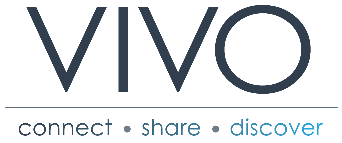VIVO Documentation
Page History
...
The UMLS External Vocabulary Service is provided by the National Institutes of Health in the United States. They require a username, password, and an apikey to use the service. You can get a username, password and an apikey at no charge from the NIH. Visit Visit https://www.nlm.nih.gov/databases/umls.html for general information, and https://documentation.uts.nlm.nih.gov/rest/authentication.html for information on generating an API key.
Once you have a username, password, and the apikey, create a text file called umls.properties. Your file should look like the one below, with your values value for username, password and apikey substituted.
| Code Block | ||
|---|---|---|
| ||
username = yourumlsusername
password = yourumlspassword
apikey = yourumlsapikey |
Place this file in /apiin the directory VIVO/installer/webapp/src/test/resources/umls.propertiesRestart Tomcatmain/webResources/WEB-INF/classes/ in your source tree and reinstall VIVO. (You can copy the file directly to WEB-INF/classes inside the VIVO directory under Tomcat's webapps directory if you want to use UMLS right away without reinstalling VIVO and restarting Tomcat. Note that the file will not be preserved through future reinstallations unless you also add it to your source tree.)
Notes
When external concepts are added to VIVO, they retain their original URI from the external vocabulary. Since we have no way of knowing whether these URIs represent OWL classes or RDF instance data, VIVO does not assert a type for the concepts, which will therefore only be interpreted as being of type owl:Thing.
...
